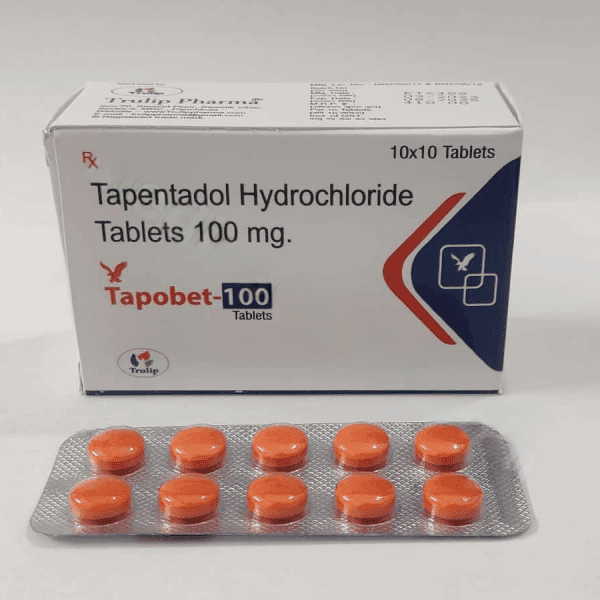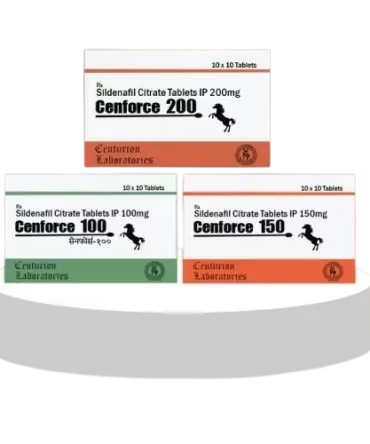Tapobet 100 mg: A Complete Guide to Managing Severe Chronic Pain
Tapobet 100 mg is a prescription medication containing the active ingredient tapentadol, a potent opioid analgesic classified as a Schedule II controlled substance in the United States. It is formulated as an extended-release tablet, designed to provide continuous pain relief for individuals experiencing severe chronic pain that cannot be managed adequately with non-opioid analgesics. Tapobet 100 mg is typically prescribed when other pain management strategies have proven ineffective or are not tolerated.
Pharmacological Properties
Tapentadol exhibits a dual mechanism of action:
- Opioid Receptor Agonism: Tapentadol binds to the μ-opioid receptor in the central nervous system, inhibiting the transmission of pain signals and altering the perception of pain.
- Norepinephrine Reuptake Inhibition: By inhibiting the reuptake of norepinephrine, tapentadol enhances descending inhibitory pathways in the spinal cord, further modulating pain perception.
This combined action allows tapentadol to effectively manage both nociceptive and neuropathic pain, making it suitable for a variety of pain conditions.
Indications
Tapobet 100 mg is indicated for the management of:
- Severe Chronic Pain: Pain that is continuous and not adequately controlled by other analgesics.
- Neuropathic Pain: Pain resulting from nerve damage, such as diabetic peripheral neuropathy.
It is important to note that tapentadol is not recommended for the treatment of acute pain or for use on an as-needed basis.
Dosage and Administration
The recommended starting dose of Tapobet 100 mg is one tablet taken orally every 12 hours. The dosage may be adjusted based on individual patient needs and response to therapy. It is crucial to follow the dosing instructions provided by a healthcare professional to minimize the risk of adverse effects and to ensure optimal pain management.
Tapobet 100 mg should be swallowed whole and not crushed, chewed, or dissolved, as this can lead to the rapid release and absorption of a potentially fatal dose of tapentadol.
Side Effects
Common side effects associated with Tapobet 100 mg include:
- Gastrointestinal: Nausea, constipation, vomiting.
- Central Nervous System: Dizziness, drowsiness, headache.
- Other: Sweating, fatigue, dry mouth.
Serious side effects may include:
- Respiratory Depression: Slowed or difficult breathing, which can be life-threatening.
- Seizures: Convulsions or fits.
- Addiction, Abuse, and Misuse: Risk of developing opioid use disorder.
- Serotonin Syndrome: A potentially life-threatening condition resulting from excessive serotonergic activity, characterized by symptoms such as agitation, hallucinations, fever, excessive sweating, shivering or shaking, blurred vision, muscle spasm or stiffness, tremor, incoordination, stomach cramp, nausea, vomiting, and diarrhea.
Patients should seek immediate medical attention if they experience any of these serious side effects.
Precautions and Contraindications
Tapobet 100 mg is contraindicated in individuals who:
- Are allergic to tapentadol or any of the tablet’s components.
- Have severe respiratory depression or acute or severe bronchial asthma.
- Are experiencing paralytic ileus or gastrointestinal obstruction.
- Are concurrently using monoamine oxidase inhibitors (MAOIs) or have used them within the last 14 days.
Caution is advised in patients with:
- A history of substance abuse or addiction.
- Seizure disorders.
- Severe hepatic or renal impairment.
- Head injury, increased intracranial pressure, or impaired consciousness.
Tapobet 100 mg should be used during pregnancy only if the potential benefit justifies the potential risk to the fetus. It is not recommended during labor and delivery due to the risk of respiratory depression in the newborn. It is also not recommended during breastfeeding, as tapentadol may be excreted in human milk.
Drug Interactions
Concomitant use of Tapobet 100 mg with other central nervous system depressants, such as alcohol, benzodiazepines, barbiturates, or other opioids, can enhance the risk of respiratory depression, sedation, coma, and death. If coadministration is necessary, it should be done under close medical supervision with dose adjustments as needed.
Tapobet 100 mg may also interact with serotonergic drugs, increasing the risk of serotonin syndrome. Patients should inform their healthcare provider of all medications they are taking, including over-the-counter drugs and herbal supplements.
Storage and Handling
Store Tapobet 100 mg tablets at room temperature, away from excess heat and moisture. Keep out of reach of children and pets. Improper storage or disposal of this medication can pose a risk to others. Unused tablets should be disposed of through a drug take-back program or according to local regulations.






Reviews
There are no reviews yet.